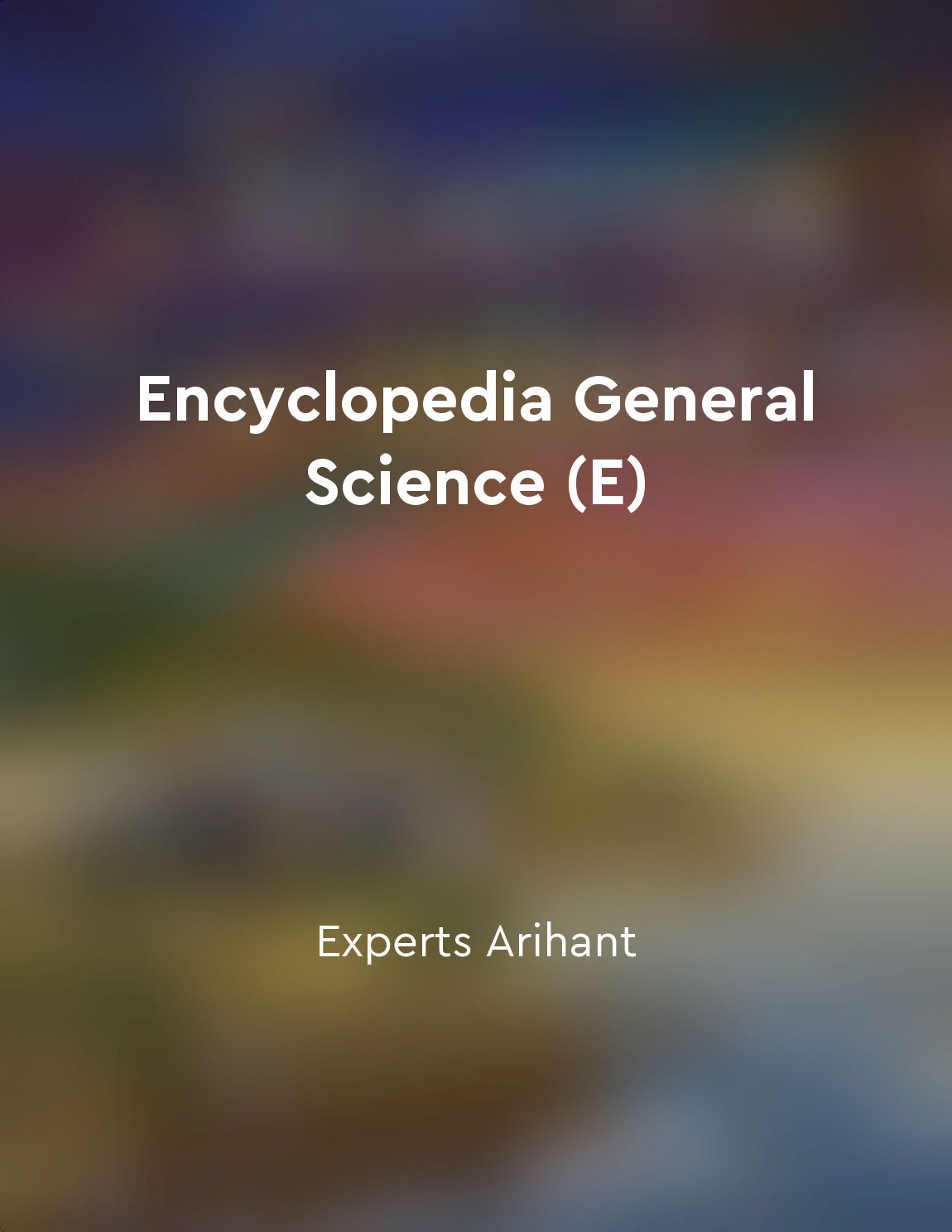Population ecology from "summary" of Biology by Neil A. Campbell
Population ecology is the study of populations in relation to their environment, including environmental influences on population density and distribution, age structure, and variations in population size. Understanding how populations grow and interact with their environment is essential for making informed decisions about resource management and conservation. Populations are groups of individuals of the same species living in the same area at the same time. Population size is determined by factors such as birth rates, death rates, immigration, and emigration. These factors influence population growth and can lead to changes in population size over time. Population density refers to the number of individuals per unit area or volume. Different species have different population densities based on their habitat requirements and reproductive strategies. Population distribution refers to the spatial arrangement of individuals within a population. Clumped, uniform, and random distributions can all occur depending on the species and its environment. Age structure is another important aspect of population ecology. It refers to the distribution of individuals among different age groups in a population. Age structure can influence population growth rates and dynamics, as well as the overall health and viability of a population. Population size can fluctuate over time due to various factors such as environmental changes, predation, competition, and disease. These fluctuations can lead to boom-and-bust cycles or more stable population dynamics depending on the species and its interactions with other organisms. Population ecology also considers interactions between populations, such as competition, predation, mutualism, and parasitism. These interactions can have profound effects on population dynamics and community structure. Understanding these relationships is essential for predicting how populations will respond to changes in their environment.- Population ecology provides valuable insights into the factors that influence population growth, distribution, and dynamics. By studying populations in their natural habitats and considering the complex interactions between species and their environment, ecologists can develop strategies for conservation and sustainable resource management.
Similar Posts
The Earth's magnetic field protects life from harmful solar radiation
The Earth's magnetic field is like a protective shield that surrounds our planet, shielding us from the harmful solar radiation...
The freedom to move is a basic human right
Human beings have always been on the move. For millions of years, we have wandered the earth in search of food, water, shelter,...
Life is a topic that engages both scientists and nonscientists
Life, with its myriad complexities and mysteries, has long been a subject of fascination for both scientists and nonscientists ...
Forests reclaim abandoned farmland
In regions where farmers have moved on, nature gradually takes over. As plows are put aside, trees and bushes start to reclaim ...
Biodiversity loss poses serious threats
Biodiversity loss is no mere abstraction; it poses serious threats to the functioning of the planet as a whole. From the smalle...
Cellular organization is the basis of life
Cellular organization is the fundamental principle of life on Earth. All living organisms, from the simplest bacteria to the mo...
The structure of living things
Living things are built with a remarkable structure that is both intricate and functional. This structure allows them to carry ...
Cells are the basic units of life
Cells are the building blocks of life, the fundamental units from which all living organisms are composed. These microscopic st...

Anatomy focuses on the structure of living organisms
Anatomy is a branch of science that is concerned with the study of the structure of living organisms. It delves into the intric...
Mass extinction events have occurred in the past
Throughout Earth's history, there have been several instances of mass extinction events that have drastically altered the cours...


